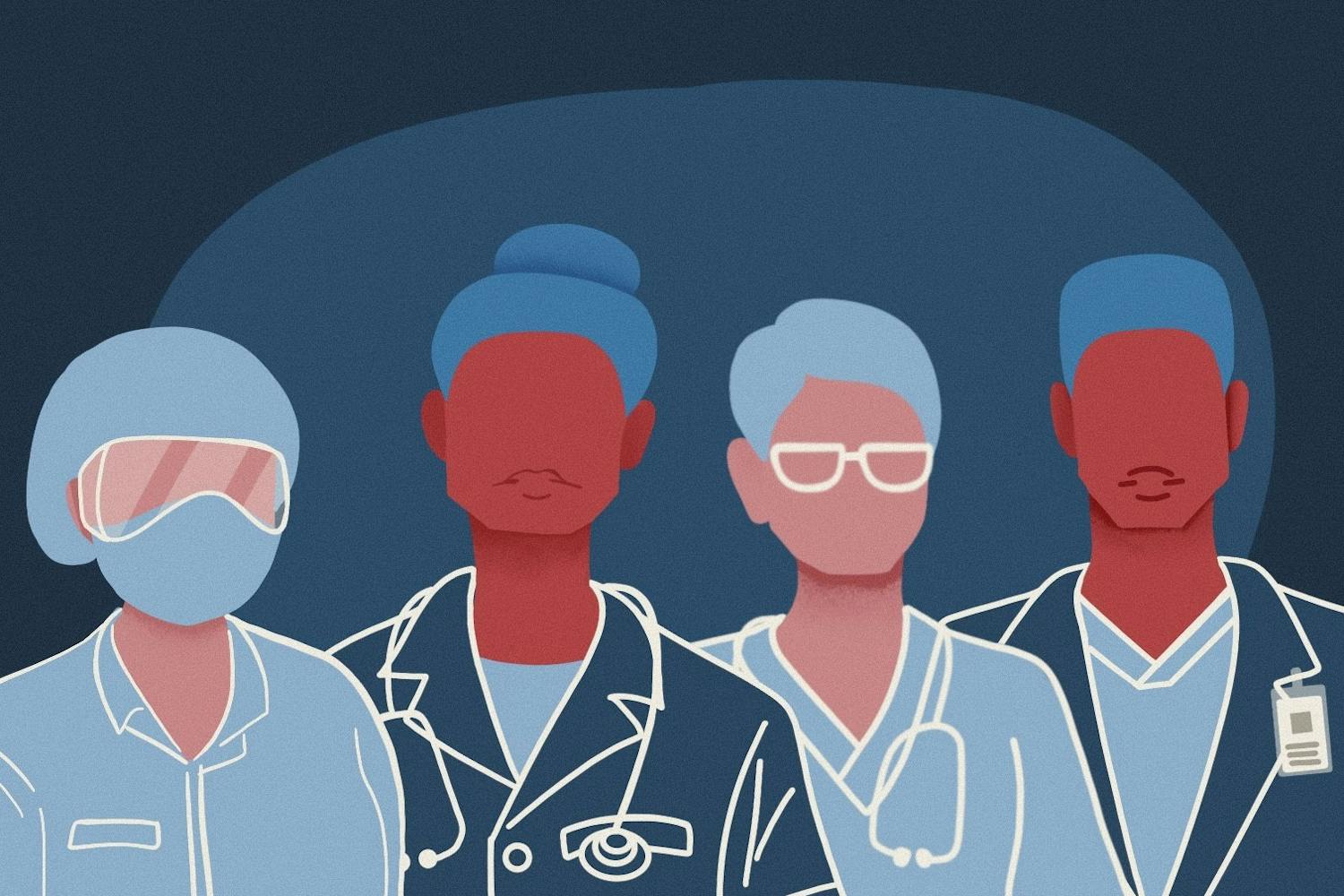In the seismic wake of health care’s long-awaited passage, the doomsayers of the right and the cautious optimists of the left all have some reason to doubt it.
Immediately, however, the bill’s passage renders the recent wailing and gnashing of teeth about our so-called broken system immaterial — and frankly immature. A determined president and congressional majority can do nearly anything they want, as our system allows. And America still does big things, as it has always done.
In our politics there’s always been a real tendency toward the big, the comprehensive, and the final. We tend to want our reform in great chunks, instead of small increments, and once we’ve addressed an issue, we want to leave it behind us and move on to the next.
This tendency has not always served us well. At the very least, our history is mixed.
1986’s Simpson-Mazzoli immigration bill promised to secure the border, address the question of what to do about illegal aliens already in the country and provide guest worker visas for those qualified. Twenty years later, the co-authors of the sweeping reform wrote a Washington Post column that said, in so many words, that their bill had been badly enforced and that new legislation was needed to address the same concerns.
Under George W. Bush, sweeping reforms of Medicare and education were passed, and are now largely viewed by both sides of the political aisle with suspicion, if not outright hostility.
In all of these cases, sweeping, bipartisan reforms didn’t really work.
What is most clear from our recent legislative endeavors is this: The law of unintended consequences is nearly universal. In many cases questions persist about the effectiveness of large reforms for years after their enactment.
Now, as The Economist argued in the wake of the New Deal, the criterion cannot be Utopian. Sometimes a need is so pressing, and the status quo so unsustainable that even the most ill-considered reform can improve things. This may be the case for this reform, and this is the crux of the Democrats’ argument.
What is less clear is to what extent unintended consequences will overwhelm the bill’s happier ones. The early returns, so to speak, are not encouraging.
An Associated Press story recently pointed out, to the chagrin of the administration and Congress, that the health care bill does not guarantee coverage to children with pre-existing conditions — which was, after all, a fairly important goal of the legislation, and a major rhetorical selling point for it. The Democrats have promised a fix, but the point is this: If even great priorities were forgotten in the rush to pass this bill, what other icebergs loom?
Obama and Congressional Democrats have staked their political futures on this bill’s success. This much is certain: If the reform is successful, Democrats alone will be praised; if it fails, they alone will be blamed. This is fair, and it will lend needed clarity to the bill’s aftermath.
But the more important questions are larger ones, of policy, and of personality. Will this bill fundamentally change the American character? Will it bankrupt us? Will we still be able, financially, to address the infrastructure, education and budget concerns that vex us?
That the answers to all these questions are varying shades of “maybe” should be, at the very least, a concern.
Reach Will at wmunsil@asu.edu



